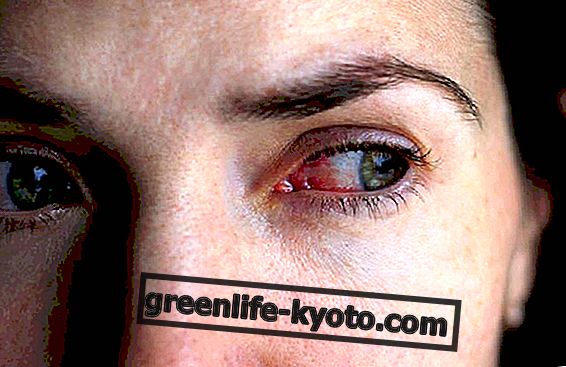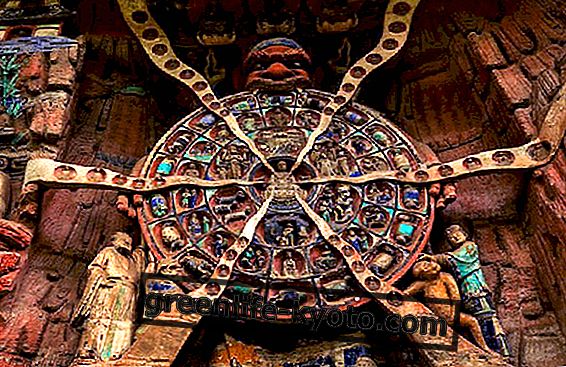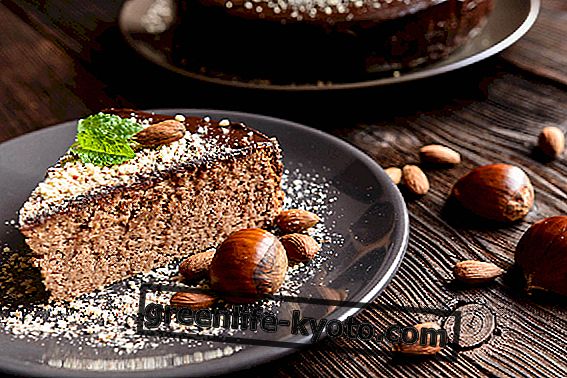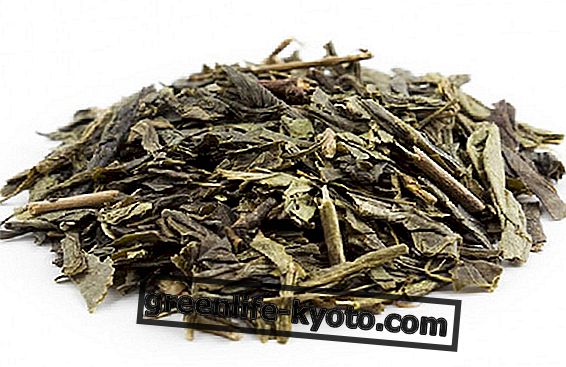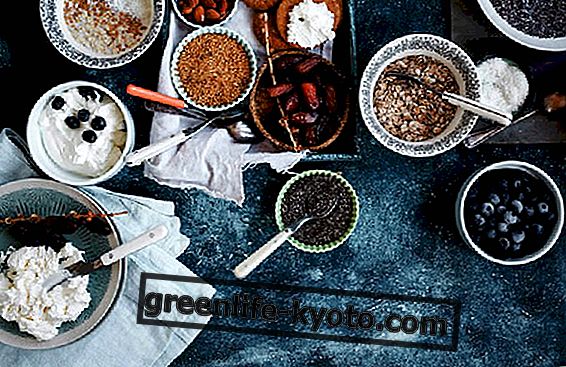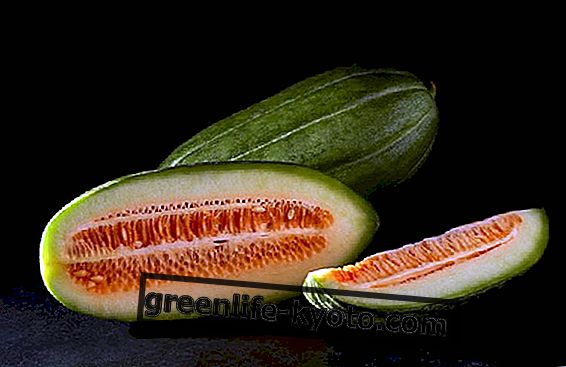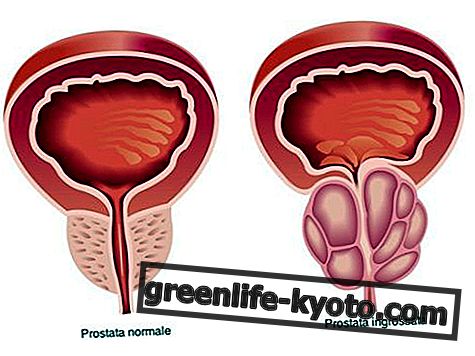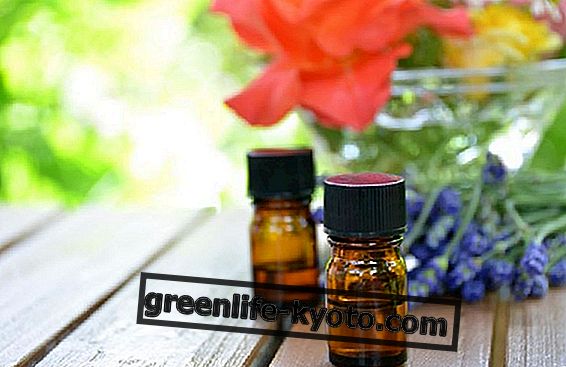
Children and fears
Bach flowers are particularly suitable in pediatric age, because they have no side effects and children respond to these essences quickly and effectively. Each emotion corresponds to a floral essence, to each child a prevailing mood that can indicate the Bach flower that is most suitable for him.
The feeling most manifested by children is fear, which causes anxieties and worries in the smallest, conditions their being up to real behavioral blocks, accompanied by crying, screaming and agitation; in the greatest causes introversion, shyness, discomfort and panic.
Let's see together how to help our children with the right essences for each individual case.
Flowers and Children
Aspen - inexplicable fears with anguish and terror
The Aspen child is very sensitive, is scared of minor physical ailments fearing serious illnesses. He is unhappy and intimidated without rational explanations. He is afraid of the dark (he wants the light on all night!). Some children are sleepwalkers, talk in their sleep or scream in the night. The Aspen floral essence, helps to find serenity, strengthens the child's ability to process the impressions that frighten him, and overcome unjustified fears.
Cherry Plum - fear of themselves, of losing control
The Cherry Plum child is an emotional child from whom too much discipline and rigor is expected, he fears losing control and going crazy. He lives in extreme tension, has sudden outbursts of anger and nervousness. he is meticulous and meticulous, he has fixed ideas, obsessions, phobias. Can suffer from nightmares, stuttering and nocturnal enuresis. The Cherry Plum flower essence helps the child to control excessive psychic tension, mitigating fear, encouraging self-confidence and self-control.
Mimulus - concrete fears
The Mimulus child is shy and introverted, blushes easily, is very sensitive. The little ones manifest fear with crying (before the bath / before the visit of the pediatrician / etc ...), the older ones hide behind their mother. Teenagers are very shy and reserved, they are afraid of exposing themselves and may suffer from emotional blockages and panic attacks. In the confusion and in the crowd they may feel ill. Mimulus flower essence encourages children and young people, and helps them overcome their fears and be less apprehensive.
Red Chestnut - fear that something will happen to loved ones
The Red Chestnut child is very anxious, he worries a lot about his family. He thinks little of himself and is insecure. He struggles to break away from his mother or father even for a short time. He cries and resists when he has to go to school or to parties with other children. The Red Chestnut flower essence allows the child to have the right detachment from his fears and promotes independence. It helps to mitigate excessive attachment to parents.
Rock Rose - terror, panic, desperate situations
The Rock Rose child is subject to feelings and moments of panic and terror. Fear paralyzes him and causes him deep anxiety states, screams and cries clinging to his parents. Sometimes the cause is to be found in a neonatal or infantile trauma, but the child can react so desperately even for a nightmare, for a storm, or for the sight of a feared animal. The Rock Rose flower essence helps to calm the fear that leads to panic and instills courage. Rock Rose is an essence of Rescue Remedy (emergency mixture) that is successfully used for acute panic and terror.
